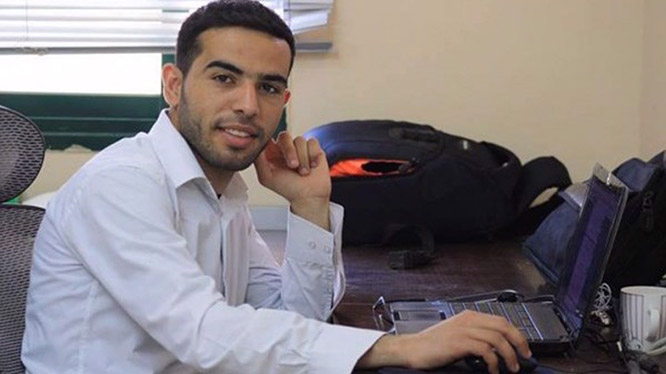London/New York, Mar 28: Food giants Nestle , Kraft Heinz and Unilever are expected to bid for GlaxoSmithKline`s Horlicks health nutrition business, which could fetch more than $4 billion, according to people familiar with the matter.
GSK has started a strategic review of Horlicks - a malt-based drink brand popular in India – and some of its smaller products, after buying Novartis out of their consumer healthcare venture for $13 billion on Tuesday.
The main asset on the block is GSK`s 72.5 percent stake in its Indian subsidiary GlaxoSmithKline Consumer Healthcare . The sources said the stake was worth $3.1 billion at current market prices but GSK wanted a premium in any sale.
They estimated the consumer health nutrition business, which also has smaller operations in Nigeria and Bangladesh, could fetch more than $4 billion.
Nestle, the world`s biggest packaged food company, has previously told GSK privately of its interest in Horlicks on several occasions, the people said.
Nestle already owns the malt drink Milo, but it is not a big-seller in India. The Swiss company declined to comment.
Unilever, the world`s largest tea company, and Kraft Heinz, which sells the powdered drinks Crystal Light and Kool-Aid, also declined to comment.
Horlicks is more than 140 years old with origins dating back to 1873, when two British-born men, James and William Horlick, first founded a company in Chicago to manufacture the drink. It was introduced to India by Indian soldiers who had fought with the British Army in the First World War.
Associated British Foods , which owns the malt drink brand Ovaltine, could look at the business to scale up in a key emerging market, the sources said, although the size of the GSK business could be a deterrent.
An ABF spokesman declined to comment.
The Indian business has an enterprise value of about 29 times core earnings, said one of the sources, meaning any deal premium will value it well above what many packaged food and drink brands fetch. The valuation is inflated by the high growth rates seen in the Indian market.
Nestle and Unilever could purchase the asset through their local Indian subsidiaries, Nestle India or Hindustan Unilever .
Other potential suitors might include Coca-Cola , PepsiCo , Suntory, Mondelez International and JAB, the coffee business owner that recently agreed to buy Dr Pepper Snapple, one of the sources said.







Comments
Add new comment